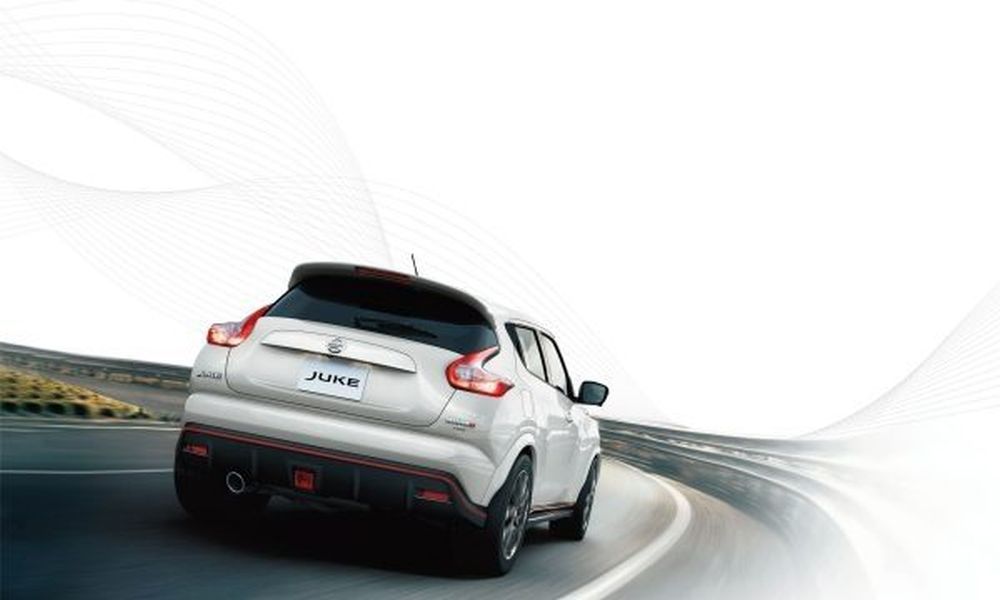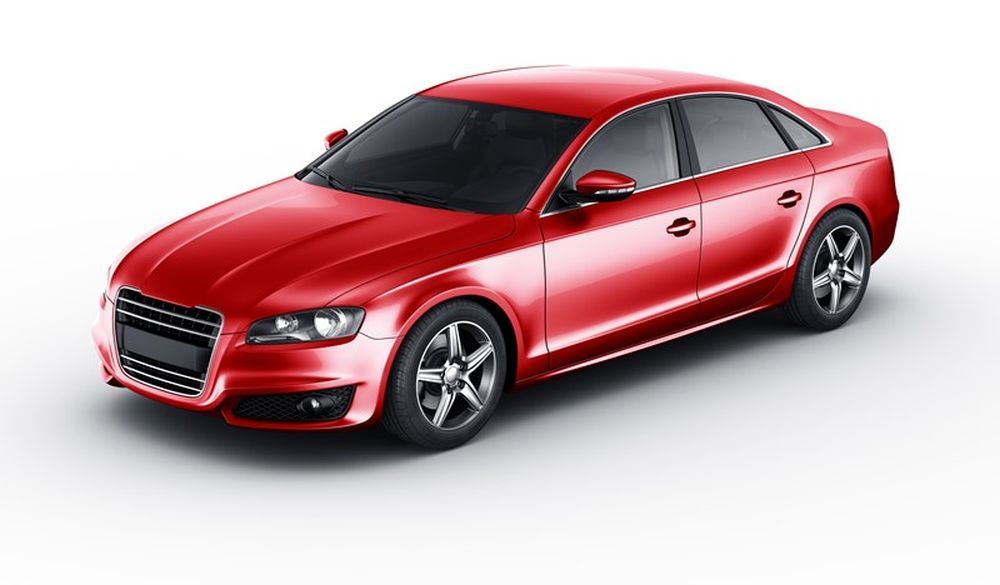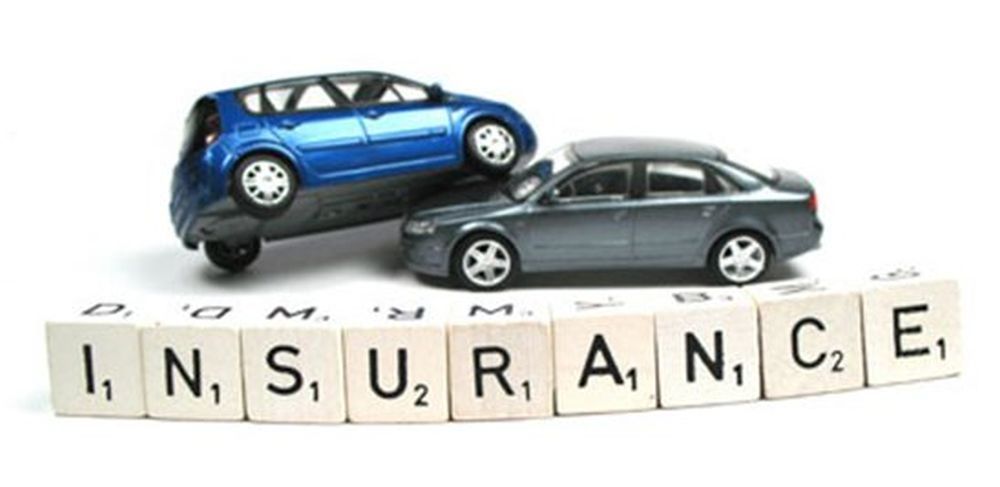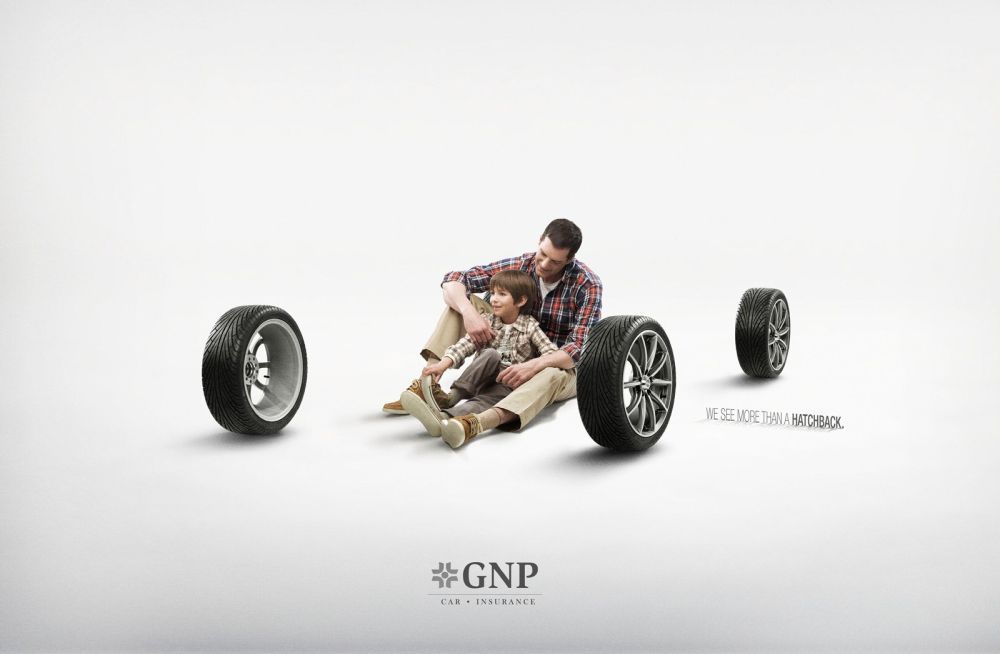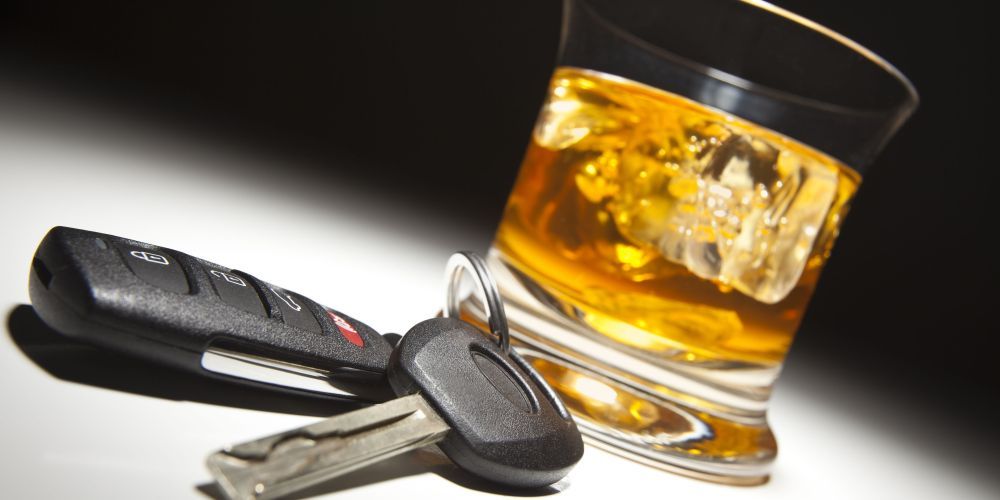The 8 Most Common Auto Insurance Mistakes Made by New Drivers
Driving can be an exciting adventure for new drivers, but it can also bring additional stress especially when it comes to auto insurance. Making sure you have the right coverage for your vehicle is essential, but there are common mistakes that many new drivers make. Understanding the eight most common auto insurance mistakes made by new drivers can save you money and help you protect your car and yourself in the event of an accident.
Going without the right auto insurance is one of the biggest mistakes new drivers make. Not having auto insurance can be a financial burden if you are ever at fault in an accident. Even if you are not at fault, you may still be left without the coverage you need. You may end up paying out of pocket for any damages incurred in the accident if there is no auto insurance policy in place.
Not shopping around when it comes to auto insurance is another major mistake made by new drivers. Just because your parents use one auto insurance company doesn’t mean you have to. Shopping around and comparing auto insurance rates can save you a lot of money. Looking for discounts and car insurance packages can also help you get the best coverage for your needs.
Forgetting to check the state’s minimum liability limits is a mistake that many new drivers fall into. Every state sets its own rules about auto insurance coverage, and it’s important to make sure that your policy meets the minimum requirements. Not having the right coverage can leave you vulnerable if you are ever involved in an accident.
Not considering all of your insurance options is a common mistake that new drivers make. Knowing what type of coverage you need and getting the right quote for your policy can be complicated. It’s important to understand the different options and packages so you can make sure you get the best deal.
Not reporting any changes in your life is a mistake that can come back to haunt you when it comes to auto insurance. If you have moved, changed jobs, or gotten married, it’s important to let your insurer know. These changes can have a big impact on your auto insurance premium, so it’s best to stay up to date.
Underestimating the importance of having enough coverage is a mistake that many new drivers make. It’s not always enough to have the minimum required coverage. You may need more coverage depending on your driving habits and the type of car you drive.
Neglecting to research car insurance discounts is a mistake that new drivers should avoid. There are many ways to save money on your car insurance, such as bundling your auto insurance with other policies, or keeping your driving record clean. It’s worth looking into all the discounts you may qualify for to get the best coverage at the best price.
In the next four sections of this post, we will discuss the dangers of not carrying uninsured/underinsured motorist coverage, not analyzing your deductibles, not informing the insurer of any changes in circumstance, and not taking advantage of available discounts and rewards programs.
Uninsured and underinsured motorist coverage is designed to protect you if you are in an accident with someone who does not have insurance or does not have enough insurance to cover the damages. Without this coverage, you could end up paying out of pocket for any repairs or medical bills you incur. That’s why it’s so important to make sure your policy includes this coverage.
When it comes to deductibles, it’s important to analyze them carefully. Often, raising the deductible on your policy can save you a considerable amount of money on your premium. However, you should make sure you can afford any deductible you choose in the event of an accident or repair.
It’s also important to inform your auto insurance provider of any changes in circumstance. For example, if you move to a new state, get married, have a baby, or get a new job, these changes can all affect your insurance premium. Making sure your insurer is aware of any changes that could impact your rate is key to saving money on your auto insurance.
Finally, it’s important to take advantage of the discounts and rewards programs offered by your insurer. Many auto insurance companies offer discounts to safe drivers, members of certain organizations, or people who own certain types of cars. Researching the available discounts can help you get the coverage you need at the best rate.

